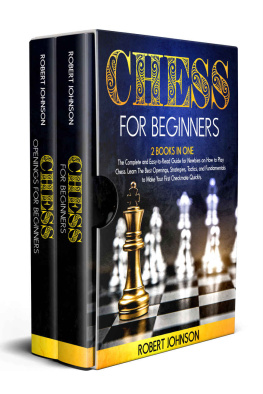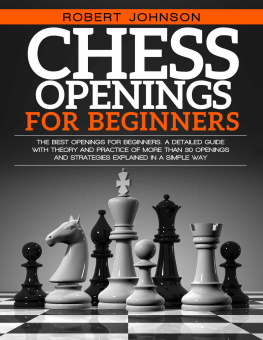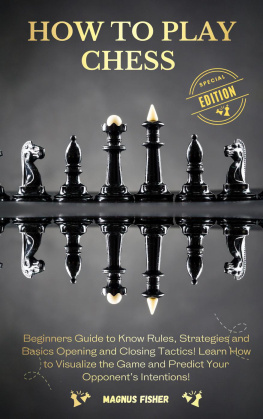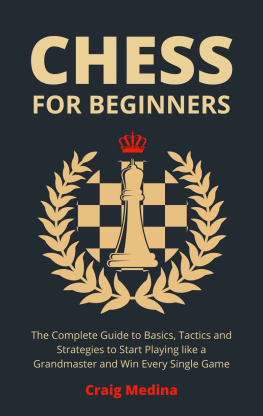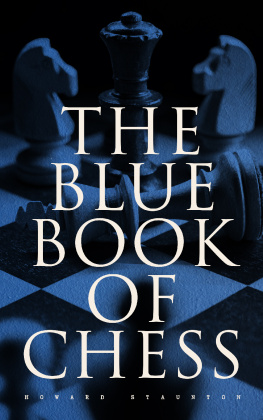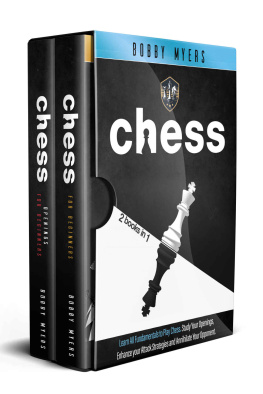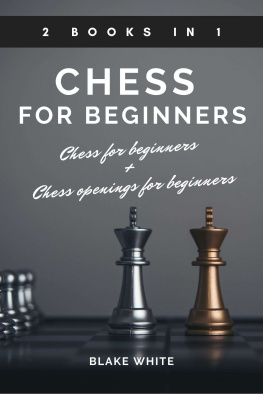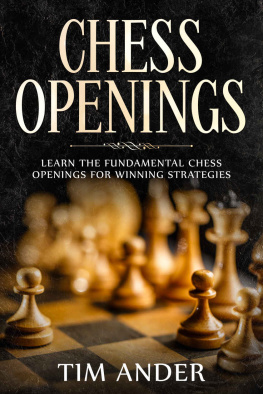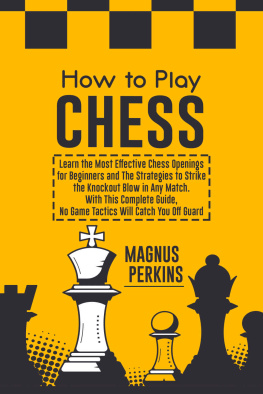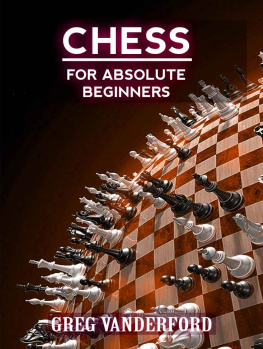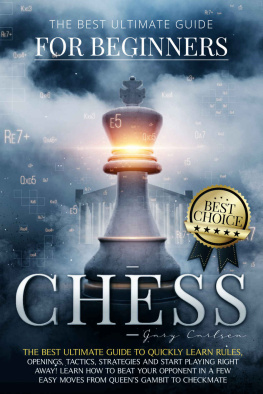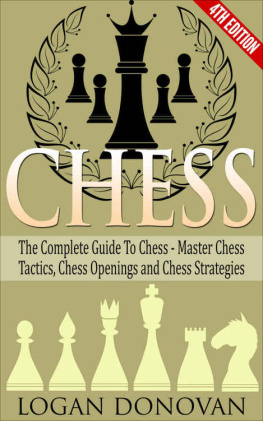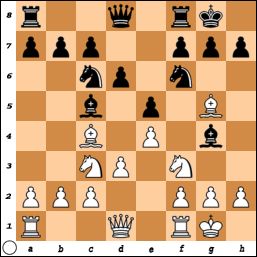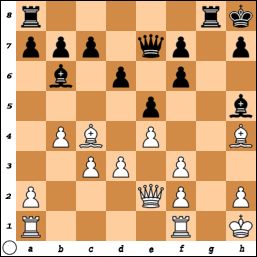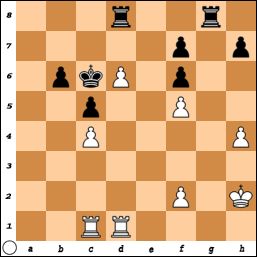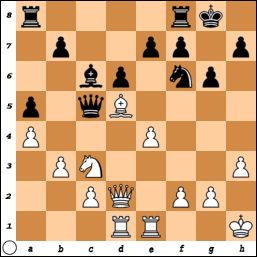Robert Johnson - Chess For Beginners: 2 in 1: The Complete and Easy-to-Read Guide for Newbies on How to Play Chess. Learn The Best Openings, Strategies, Tactics, and Fundamentals to Make Your First Checkmate Quickly.
Here you can read online Robert Johnson - Chess For Beginners: 2 in 1: The Complete and Easy-to-Read Guide for Newbies on How to Play Chess. Learn The Best Openings, Strategies, Tactics, and Fundamentals to Make Your First Checkmate Quickly. full text of the book (entire story) in english for free. Download pdf and epub, get meaning, cover and reviews about this ebook. genre: Children. Description of the work, (preface) as well as reviews are available. Best literature library LitArk.com created for fans of good reading and offers a wide selection of genres:
Romance novel
Science fiction
Adventure
Detective
Science
History
Home and family
Prose
Art
Politics
Computer
Non-fiction
Religion
Business
Children
Humor
Choose a favorite category and find really read worthwhile books. Enjoy immersion in the world of imagination, feel the emotions of the characters or learn something new for yourself, make an fascinating discovery.
- Book:Chess For Beginners: 2 in 1: The Complete and Easy-to-Read Guide for Newbies on How to Play Chess. Learn The Best Openings, Strategies, Tactics, and Fundamentals to Make Your First Checkmate Quickly.
- Author:
- Genre:
- Rating:3 / 5
- Favourites:Add to favourites
- Your mark:
Chess For Beginners: 2 in 1: The Complete and Easy-to-Read Guide for Newbies on How to Play Chess. Learn The Best Openings, Strategies, Tactics, and Fundamentals to Make Your First Checkmate Quickly.: summary, description and annotation
We offer to read an annotation, description, summary or preface (depends on what the author of the book "Chess For Beginners: 2 in 1: The Complete and Easy-to-Read Guide for Newbies on How to Play Chess. Learn The Best Openings, Strategies, Tactics, and Fundamentals to Make Your First Checkmate Quickly." wrote himself). If you haven't found the necessary information about the book — write in the comments, we will try to find it.
Are You Interested In Chess, But Never Knew The Theory Behind All Killer Moves? With The Help Of This Easy-to-Follow Guide, You Will Not Only Win in Chess, But in Various Other Aspects of Life!
Did you know that playing chess can actually raise your IQ levels and does well in promoting brain growth?
Now you have realized that maybe it is the right time to learn! Perhaps, playing chess could help you improve your self-esteem and become stronger.
This book will make the game of chess immediate and straightforward.
Chess can be very complex for newbies and first-time approaches.
You must know the basic rules, strategies, and openings; otherwise, you will lose bitterly many and many times. You should know that the number of possible moves in a chess game is higher than the number of stars in the sky!
It sounds weird, but thats the way it is!
Thanks to this practical guide for beginners, playing chess will be quick and more accessible.
In this book, you will discover:
- How To Play Chess and its particular rules.
- The 4 Best Strategies For Beginners to start immediately to play and be competitive.
- The Best Openings For Beginners to always know how to behave at the start of the game (with detailed explanations and images).
- The Right Mentality To Have to become a good chess player.
- Detailed Illustrations to understand the various moves and strategies.
- Practical Exercises for Beginners to ensure you do not make any mistakes playing actual games.
- & Lot More!
Chess is an ancient and exciting game. A chessboard, the pieces, an adversary, and... a valid manual, this is all you need to start!
You need this competent and reasoned guide to capturing all the winning shots of chess. You can find a complete list of mistakes to avoid and practical exercises to learn from.
Thanks to clear explanations and images, you are guided step by step within the secrets of the game of chess.
Everything you need to start playing chess has been collected in this book.
You will amaze your friends and opponents with unpredictable moves and enjoy fantastically and deserved wins!
Start knowing your strengths and weaknesses to implement play that exalts the former and minimizes the latter!
What are you waiting for?
Order Your Copy NOW and Make Your First Checkmate Soon!
Robert Johnson: author's other books
Who wrote Chess For Beginners: 2 in 1: The Complete and Easy-to-Read Guide for Newbies on How to Play Chess. Learn The Best Openings, Strategies, Tactics, and Fundamentals to Make Your First Checkmate Quickly.? Find out the surname, the name of the author of the book and a list of all author's works by series.

